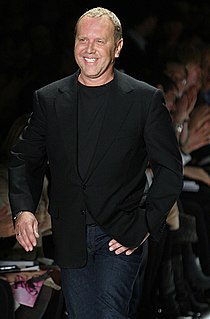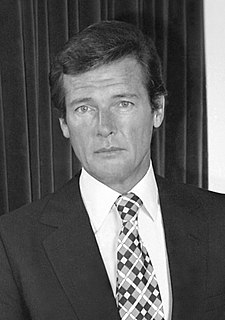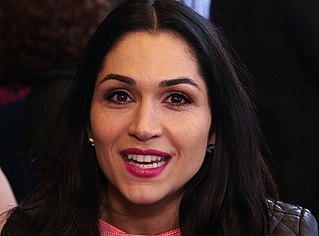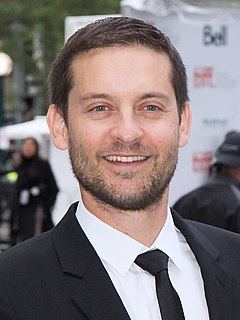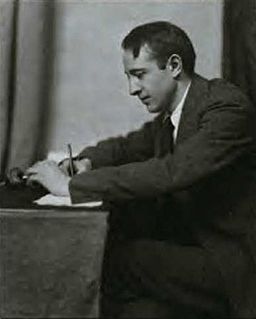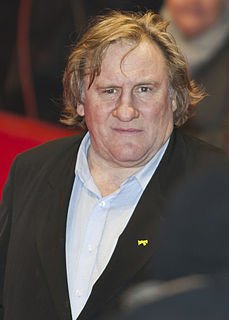A Quote by Logan Paul
It's like, 'How can I reverse engineer what it takes to gain followers on a platform?' And I'm curious about how it works. And I'm the same way with people. I'm curious about what makes them tick.
Related Quotes
Being known for Bond, certainly when you're in foreign countries, makes people curious. You get to see presidents because their wives were curious; their children were curious about Bond or The Saint or whatever. Then once you have your foot through the door, you can then let them see that you're serious about what you're talking about, and not just a twit.
I'd been going to the Louvre since 1951. I thought I knew Paris and the French, but I didn't really. You know how easy it is to make friends when you are traveling. People are curious about you, you are curious about them. But you never really make friends that way. After the Louvre, I discovered that I have friends now because I have enemies.
Those same people, when they leave the theater, when they look behind the curtains they are curious about their neighbors, they can guess if their neighbors are siblings or a couple, how old they are, what their occupation is. They are curious about each other and they can understand each other without being fed information. Why should it be different in cinema?
I’m curious about things that people aren’t supposed to see—so, for example, I liked going to the British Museum, but I would like it better if I could go into all the offices and storage rooms, I want to look in all the drawers and—discover stuff. And I want to know about people. I mean, I know it’s probably kind of rude but I want to know why you have all these boxes and what’s in them and why all your windows are papered over and how long it’s been that way and how do you feel when you wash things and why don’t you do something about it?
My research suggests that when people get rebuffed they become frustrated and angry, but they would do better to become curious about the reason for the rejection. I also found that people assume that others are like them, operating under the same knowledge, beliefs, constraints and priorities. This mirror assumption makes it easier to speculate about why others act in the way they do, but sometimes the mirror assumption is wrong.



